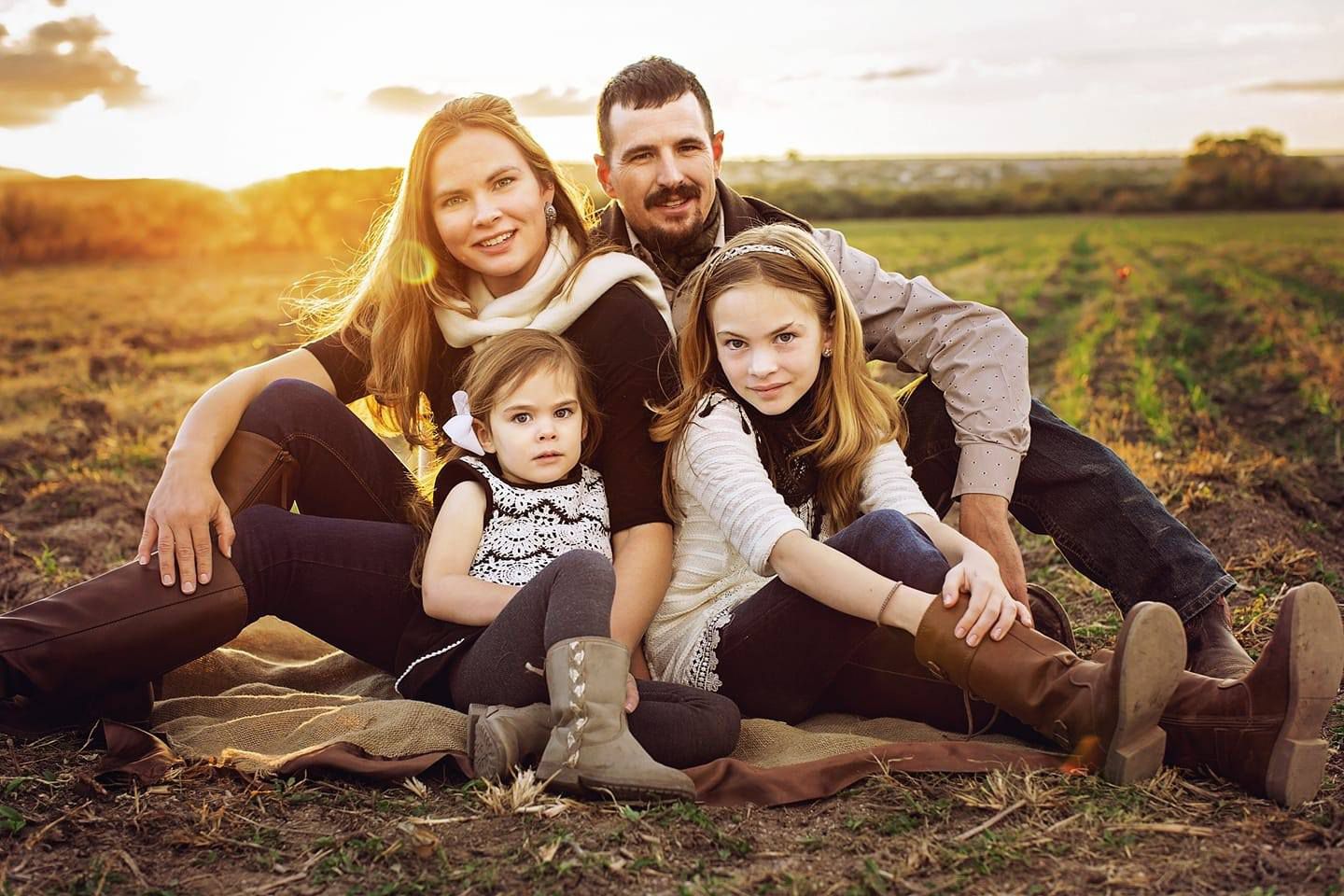Mentor Protégé CAMP Class 2, Profile 3: Sarah Ogilvie and Cora Thomas
Author
Published
3/20/2023
The CAMP mentor/protégé series continues with this third profile for Class 2 with NRCS Soil Conservationist Cora Thomas and Cochise County farmer and rancher Sarah Ogilvie. They have already met more than once, and both have exchanged insights and appreciation for the experiences.
With the launch of the Conservation Agricultural Mentoring Program (CAMP) in Arizona, in partnership with Arizona Farm Bureau, The NRCS team has been front and center in enthusiastically driving this unique partnership. While several other states have the CAMP program, Arizona is unique in its partnership effort with Arizona Farm Bureau.
The Ogilvie Thomas partnership, along with all the mentor protégé partnerships, works to understand Arizona agriculture and conservation opportunities, joining forces to provide firsthand experience of the conservation practices and agricultural happenings in the southeast Arizona area.
From Sarah
Talk about your first meeting. Cora met me at our farm in Benson. We drove throughout our pastures and I explained our operation and goals we have here with our land and animals. I was able to show the vast array of our projects and concerns we have in our day-to-day life.
Share specifics about what you got out of it as the farmer/rancher mentor. There is a genuine interest in the NRCS offices about what we are doing at the ground-level on our operations. Our concerns for balancing animal welfare, soil health, effective water application and erosion control is shared even if another's perspective and ideas may not look the same.
For the remaining time with the program, what do you also hope to help with? Being a continued source of real-world application of ideas and to help brainstorm creative solutions to problems we face today. To share in our successes as well as being open to input in our areas where growth and correction is needed.

Arizona Farm Bureau member and Cochise County farmer and rancher Sarah Ogilvie (seen here with her family) serves as a mentor for the NRCS CAMP program, Class 2. Protégé, Cora Thomas plans another face-to-face meeting with Sarah this spring and summer.
From Cora
What’s been the biggest takeaway so far from your first gathering? Farming is much more than just a job or a career path. When I finish my workday, I get to clock out and shift gears. Being an agricultural producer is a 24/7 commitment that never stops. One of the first things I asked Sarah at our meeting was to give me an example of the day-to-day for her. Within the few hours I was there, we went over many things and that was only a small portion of her day! There is a lot of work and effort that goes into the food we eat, but that can be hard to understand when you can simply go to the grocery store and have so many products right at your fingertips.
Share specifics about one of your meetings. What did you learn? During my first meeting with my mentor, Sarah gave me a tour of the pastures and overall operation. I was spoiled and got the chance to have some play time with her new puppies! We then took an in-depth look at their irrigation, pasture rotation, and the vegetation present. We went from field to field putting out minerals for the cattle and then Sarah showed me how their irrigation system works. Sarah also took me down into the San Pedro River and washes that border her farm to show how much the land changed from the previous monsoon season.
Quickly I learned that being an agricultural producer automatically means being a conservationist as well! Sarah had a deep connection and understanding of the land that she and her family farm. From explaining the soil dynamics out in the pastures, to what crops are the most drought tolerant, Sarah was in tune with the ecology of the farm and how it responds to changes. One thing is now clear: No one knows the land better than our farmers and ranchers who are out there every day growing America’s food.
Why have you felt this program has been helpful? This program has been extremely helpful to me as a recent graduate and new NRCS employee. It has given me a hands-on experience that you cannot learn behind a desk or in the classroom. As a conservation planner, you often must wear many hats to ensure that you are supporting producers to the best of your ability. Through this program, I am gaining a new perspective into what producers actually experience on a mental, physical, and economic level every day. I can already see that this program is helping me broaden my viewpoint and consider new things when planning that I wouldn’t have thought about before.
What more do you hope to learn in the coming months? I’m really interested in learning more in depth about raising beef cattle on irrigated pastures. I did not grow up around livestock, so I do not have a lot of background knowledge on animal husbandry, feed and forage balance, or the economics involved. This experience has been a great introduction thus far!
What are you looking forward to in your other meetings/gatherings/learning and sharing sessions in the future? I am looking forward to growing my relationship with Sarah and other members of Arizona’s agricultural community. I have been lucky to attend so many great events already including the FFA Gala and the Arizona Farm Bureau Annual Meeting, and I hope to continue learning more about Arizona Farm Bureau through the various community events. I am also excited to see how Sarah’s farm changes from one season to the next. It will be interesting to compare my observations from the fall to what I will see out there in the spring and summer!